Two-pronged threat to space assets needs to be countered
With 42 operational satellites, India depends on space based assets hence protection from adversaries and also floating space junk is important. A damage can literally hamper military activity making Indian forces ‘blind’ while stopping several civilian applications.
Indian Space Research Organisation (ISRO) has satellites for remote sensing, satellite communications and navigation. The space programme is valued at $ 2.3 billion in assets already in orbit and if ground-based infrastructure and value-added services are included figure rises to around $37 billion, says an assessment by the think-tank Observor Research Foundation (ORF).
Space technology is critical to human survival and progress. Satellites are now being used for meteorology, television broadcasting, mobile telephony, navigation and internet. Financial management, education, tele-medicine, scientific research and disaster management, depend of satellites.
Outer space is used military support functions like reconnaissance, communication and navigation
A couple of satellites, are mandated for military use. The Rukmini (GSAT-7), launched in 2013, is dedicated for the use of the Navy while the Cartosat-2C, launched in 2016, has the ability to provide specific spot imagery and track developments along India’s land borders with China and Pakistan. Images from the Cartosat were used when Prime Minister Narendra Modi ordered surgical strike on terrorist camps based across the Line of Control (LoC) in September 2016.
More dedicated satellites will be added as the forces move toward a network-centric warfare connecting surveillance aircraft, UAV’s and equipment on aldn and at sea.
Two pronged protection:
Space debris is the collection of defunct man-made objects in space — old satellites, spent rocket stages and fragments from disintegration and collisions.
These space debris can really be dangerous as they travel at a speed of up to 30,000 km an hour, which turns even tiny pieces of junk into shrapnel which can damage satellites, space shuttles and even space stations.
ISRO is a part of a global Inter-Agency Space Debris Coordination Committee (IADC), which makes efforts to reduce man-made and natural space debris. ISRO also has a sophisticated Multi-Object Tracking Radar (MOTR), operational since 2015, to track space debris. It can track 10 objects simultaneously of size 30cm by 30cm at a distance of 800km.
The second part is threat from rivals or adversaries who can hit at satellites. Following the Chinese anti-satellite (ASAT) missile test destroying an unused weather satellite in January 2007, there has been a debate on India’s ability to develop and demonstrate ASAT capabilities.
The ability to remove navigation and communications capability from space can have a crippling effect for large-scale military operations.
From an Indian perspective, which quite clear from official statements at UN forums, such as the Conference on Disarmament in Geneva, that it is against weaponisation of outer space. However, India’s stand on conducting ASAT tests is unclear. There are concerns that if it does not demonstrate such a capability, it will be left behind facing a repeat of what happened in the nuclear domain.
India has the building blocks for a full-fledged ASAT weapon based on Agni and the ballistic missile interceptor, showcasing this capability has to be done in a responsible manner without creating huge amount of long-lasting debris that could damage existing satellites
India follows the UN protocol:
The UN General Assembly (UNGA) had established a Committee on the Peaceful Uses of Outer Space (COPUOS) in 1959, and had proposed five treaties for approval and ratification by the member states. India is committed to the observance of the following UN conventions/guidelines that have broader global acceptability. India adheres to the 1967 Outer Space Treaty (OST), 1968 Rescue Agreement, 1972 Liability Convention and 1974 Registration Convention.





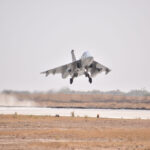

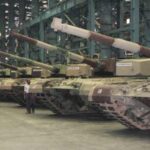




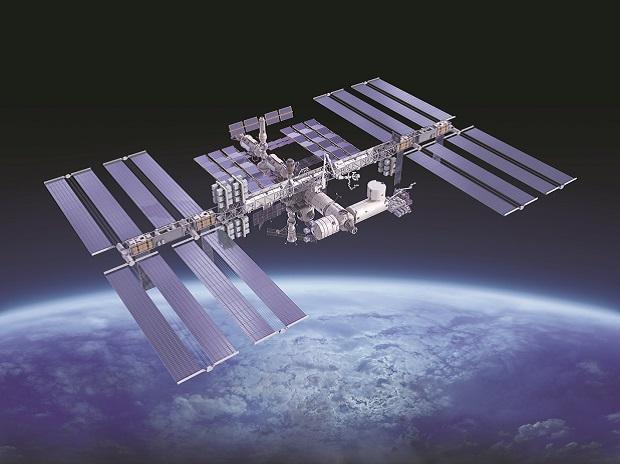
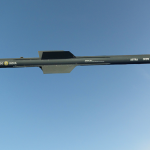

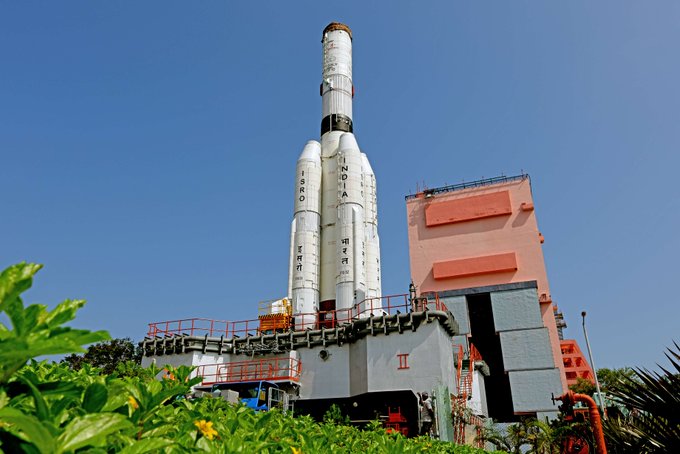
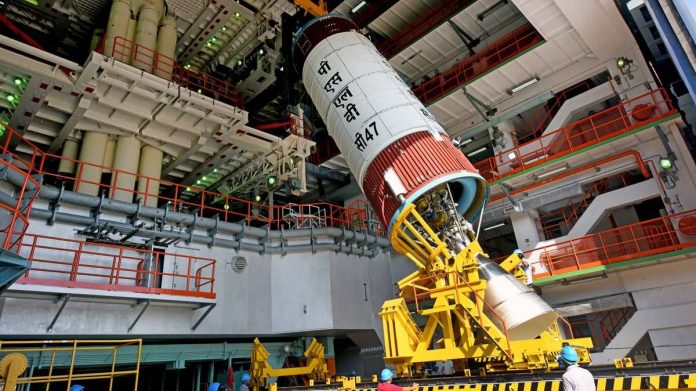
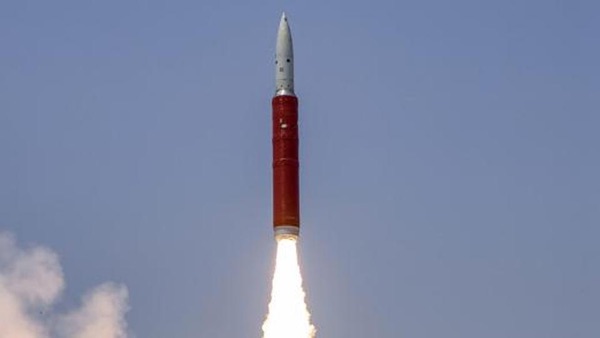
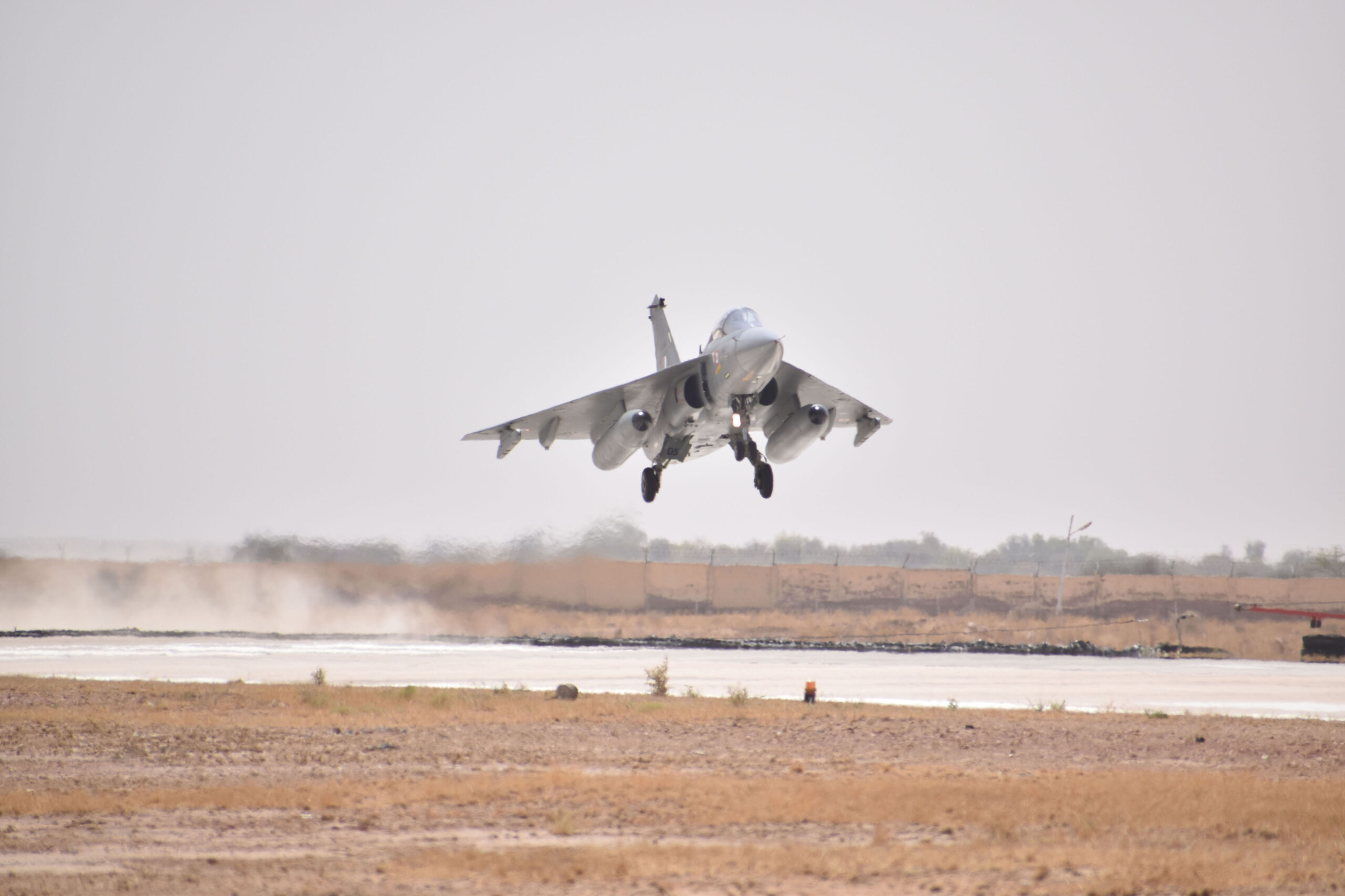
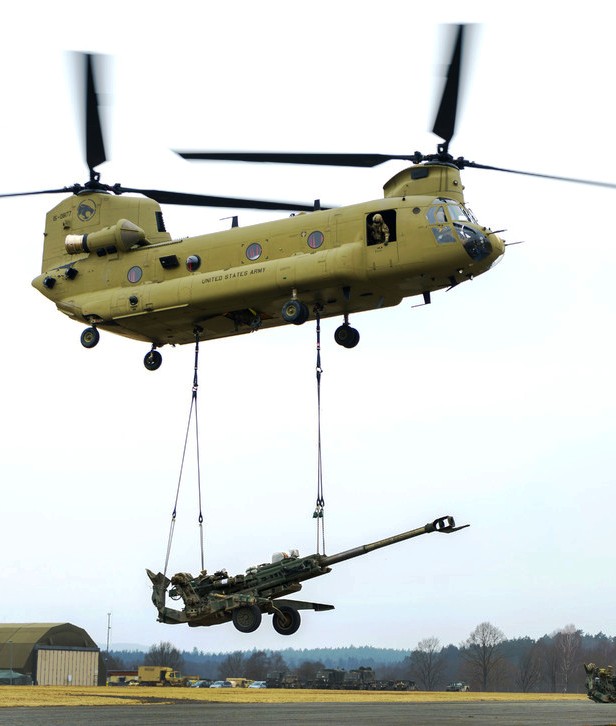
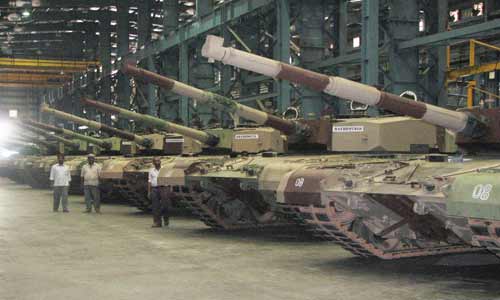


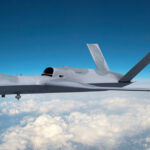
Recent Comments